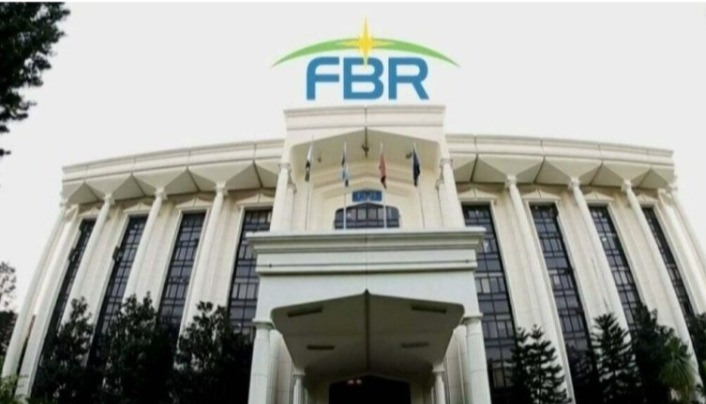FBR to Publicly Disclose Assets of Senior Government Officers
FBR to make assets of Grade 17–22 officers public to ensure transparency and meet IMF’s governance requirements in Pakistan.
By Ubaid Uallah
10/9/20251 min read


FBR to Publicly Disclose Assets of Senior Government Officers
The Federal Board of Revenue (FBR) has decided to make the assets of senior government officers public. This major move aims to promote transparency and accountability across all public institutions.
Why This Step Was Taken
According to the FBR, this initiative will help meet the transparency goals set by the IMF and strengthen Pakistan’s governance system.
On Wednesday, the FBR issued SRO.1912/2025, suggesting changes to the Sharing of Declaration of Assets of Civil Servants Rules, 2023. Earlier, only officers under the Civil Servants Act, 1973 were required to declare their assets.
Who Will Be Affected
The new rule expands the term “public servant” to include:
Officers of both federal and provincial governments
Employees in autonomous bodies, corporations, and state-owned companies
Individuals with Grade 17 or higher positions
However, officials exempted under the National Accountability Ordinance, 1999, will not be included.
What Will Be Publicly Available
The assets of all officers from Grade 17 to Grade 22 will now be publicly available. Anyone will be able to see their financial records — from the time they joined service up to the present.
The FBR has invited feedback and objections from the public within seven days, stating that late responses will not be accepted.
Purpose of the Amendments
Officials say these amendments, introduced under Section 237 of the Income Tax Ordinance 2001, aim to:
Improve transparency in asset reporting
Strengthen the verification system for asset declarations
Ensure administrative clarity and accountability in government institutions
---
💬 Final Words
This decision marks a big step toward open governance in Pakistan. By making the assets of senior officials public, the FBR hopes to reduce corruption and increase trust between citizens and state institutions.
Insights
Connect
Learn
contact@digitalpakistani.site
+1 908-220-1227
© 2025. All rights reserved.
